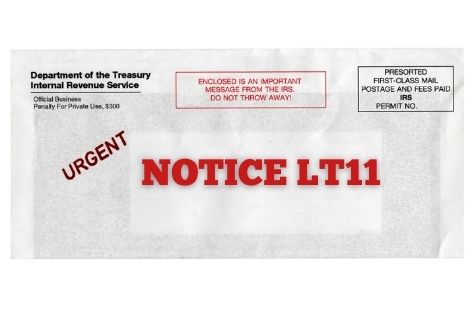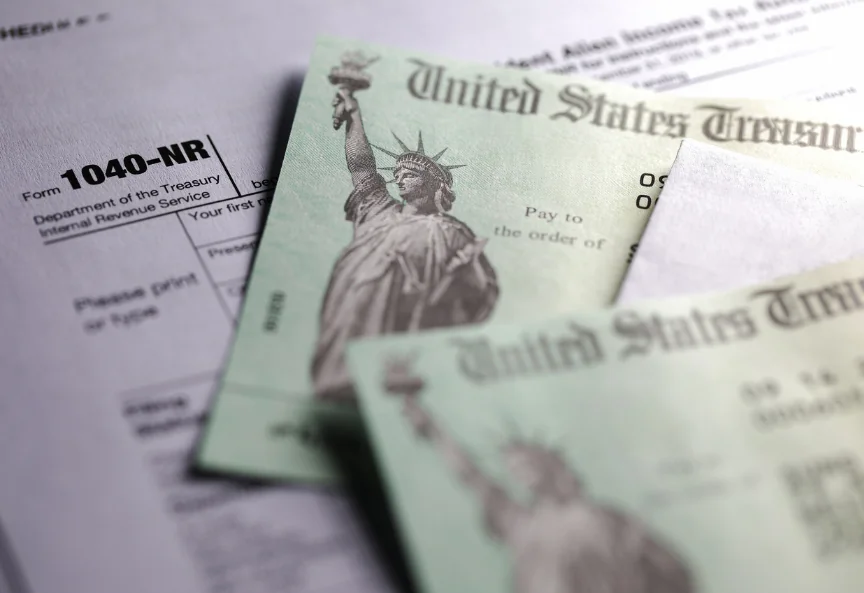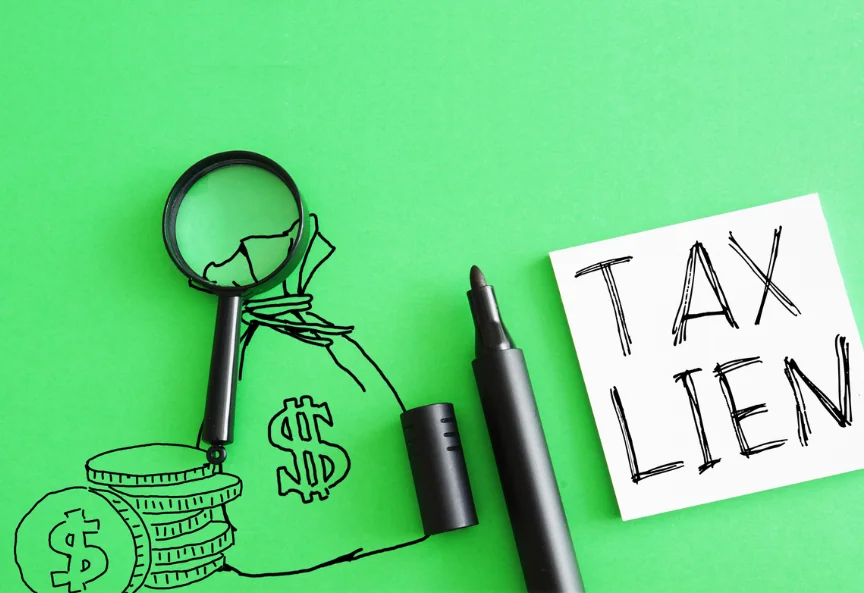As of June 2021, the IRS has begun issuing balance due notices and final notices to taxpayers as the collections process resumes. If you receive an IRS Notice LT11 or Letter 1058, here's what you should do.
[lwptoc]
Here’s an important piece of news: according to the IRS, balance due notices (including final notices) are in the process of being mailed by the agency’s Automated Collection System (ACS) starting June 2021.
This is significant because it represents the IRS’s pivot back towards a traditional collection system following the leeway the agency has been giving tardy taxpayers during the coronavirus pandemic.
As we are approaching a post-pandemic world, the IRS is warning taxpayers through a number of different notices that collection actions will soon resume, including both tax liens and levies. Among these notices, perhaps the most frightening is Notice LT11, or Letter 1058.
What is IRS Notice LT11?
IRS Notice LT11 is one of the very last notices the IRS will send before commencing a levy. As per the IRS itself, it means that they “intend to seize your property or rights to property”. The IRS also states quite helpfully that you “must contact us immediately.”
A Notice LT11 represents one of the last warning shots the IRS can fire before using the most powerful tool in its collection’s arsenal: the levy.
What is a Levy?
A levy represents a claim on a taxpayer’s assets or property to pay for an overdue tax balance in the event of extreme tardiness. Levies can be issued on property, bank accounts, as well as paychecks.
When issued on wages (as well as any other form of compensation), the IRS will garnish a portion of your paycheck depending on your income and your total number of dependents. In other words, you receive what the IRS deems the minimum, and everything past that goes towards paying off your tax debt. Garnished wages are automatically withheld by your employer under the authority of the IRS.
If you are self-employed, the IRS will levy your bank account. Rather than making periodic withdrawals as per wage garnishment, a levy on a property or bank account is generally a one-time thing, where the IRS will liquidate what you own to correct your balance.
A Notice LT11 also represents one of your last chances to avoid the levy. You have a few ways of doing this. More on that later.
When Are Levies Being Issued?
While a Notice LT11, and other notices, are going out as early as June 2021 and will continue to go out in the weeks and months following, the actual date for when levies are being issued is August 15, 2021. This is the kickstart of the ACS’s continued collection actions in the post-COVID US.
Levies vs. Federal Tax Liens
Levies should not be confused with tax liens. A tax lien is a legal claim by the government on all of your property and assets. Unlike a levy, where the IRS can swoop in to claim and liquidate an asset or a bank account, the IRS does not actually take anything from you when it issues a lien.
It does, however, place itself first in line as a creditor, superseding all other creditors you may owe money to. This allows the IRS to pressure taxpayers into paying their overdue balance by keeping them from seeking financing without first addressing their tax problem.
A lien can be lifted by negotiating a payment plan with the IRS, which can include allowing a single creditor to “cut the line” in order to secure a loan to pay back the tax debt, for example.
Tax liens used to apply even more pressure to taxpayers in the form of a significant negative credit score impact, akin to bankruptcy. However, credit reporting agencies have discontinued including tax liens in their reporting as of 2018. Cited reasons included issues with accurately reporting the information, such as linking liens to the wrong people due to similar names and locations.
When liens fail, the IRS can turn to levies to take what it needs.
What Should I Do to Fight a Levy?
The IRS gives taxpayers two options when dealing with collection actions:
-
-
- Pay, or;
- Become non-collectible.
-
Non-collectible taxpayers must qualify as such by being in dire economic circumstances, which freezes the age of the debt (meaning it cannot expire while you’re non-collectible) but keeps the IRS from issuing any collection actions against you until your financial situation improves considerably.
It determines this by checking in periodically. You are still encouraged to file your taxes – failing to do so can incur more penalties, and you can’t negotiate repayment without being up-to-date with your tax returns. Your tax debt will continue to accrue interest and grow while you’re non-collectible.
Unless you are completely out of financial options, becoming non-collectible is not a great answer to your tax debt issues. There is another way.
If You Can’t Pay Everything, Pay Less
If you’re about to receive a final notice with intent to levy, then your priority needs to be to convince the IRS that you’re ready to cooperate and pay up. Depending on the size of your tax debt, this might not be an easy feat – even if you decide to pay monthly. Some tax debts are so large that a person struggling under new financial circumstances may have enough to keep on living, but not enough to make significant monthly contributions towards eliminating their tax debt before the debt expires.
The IRS knows this, which is why it allows taxpayers to make offers in compromise in cases where a taxpayer’s financial limitations keep them from fully absolving the debt before its statute of limitations. While qualifications for an offer in compromise have become laxer since the Fresh Start Initiative – you typically don’t have to pay until the debt expires anymore, for example – it still isn’t easy nor guaranteed to get an offer in compromise.
If you are interested in pursuing this option, it is vital that you speak with a tax professional. You can test your chances by trying out the IRS’s pre-qualifier tool but understand that working with the IRS can be difficult, and requires navigating a long list of notices, letters, and systems. Experienced tax professionals can help you reduce what you owe, avoid levies, and get back into good standing with the tax man.
If you received a Notice LT11, Letter 1058, or any other notice for collections actions, call our team of tax professionals today.











